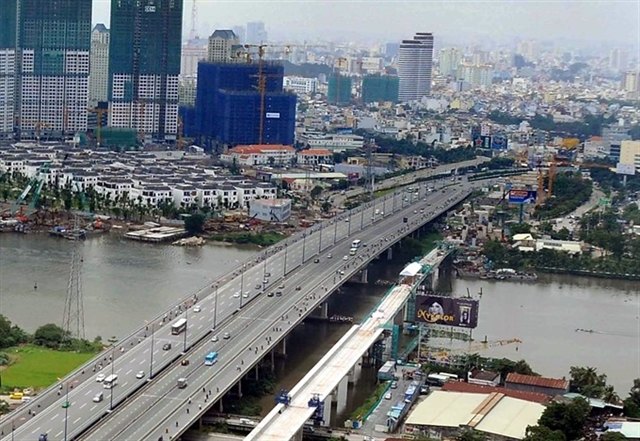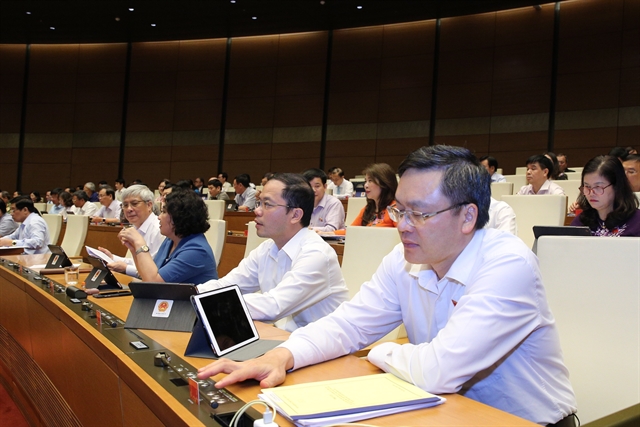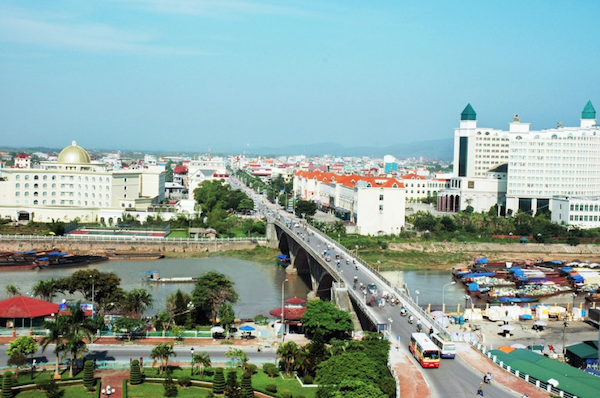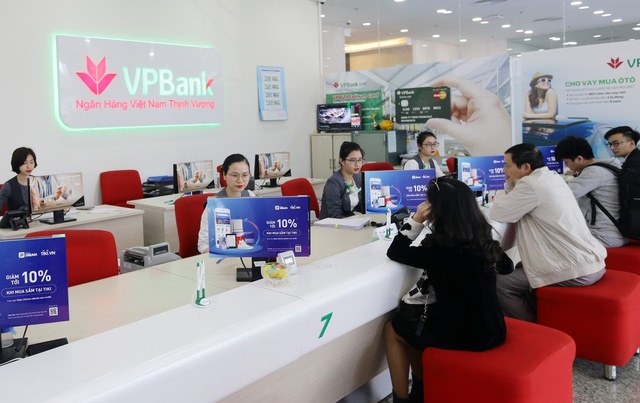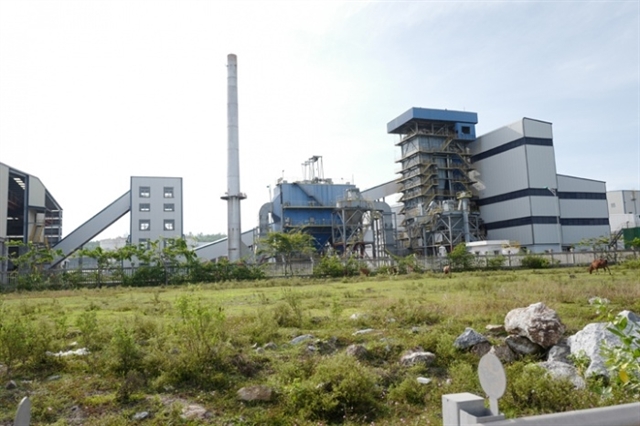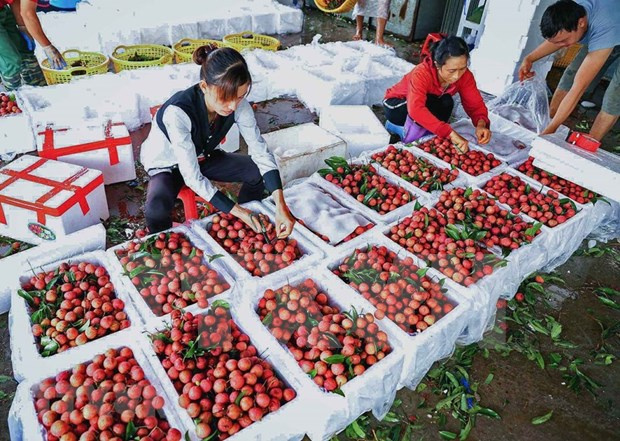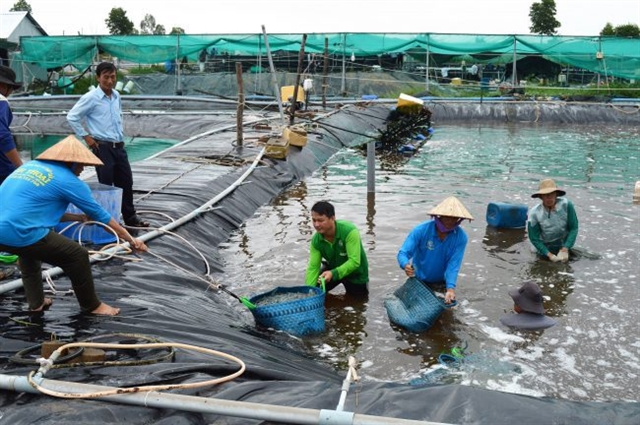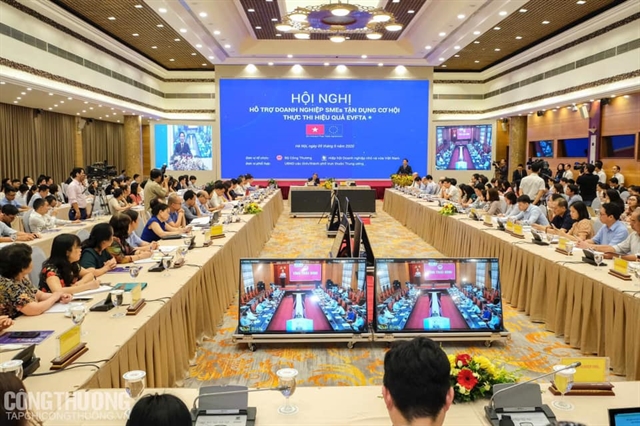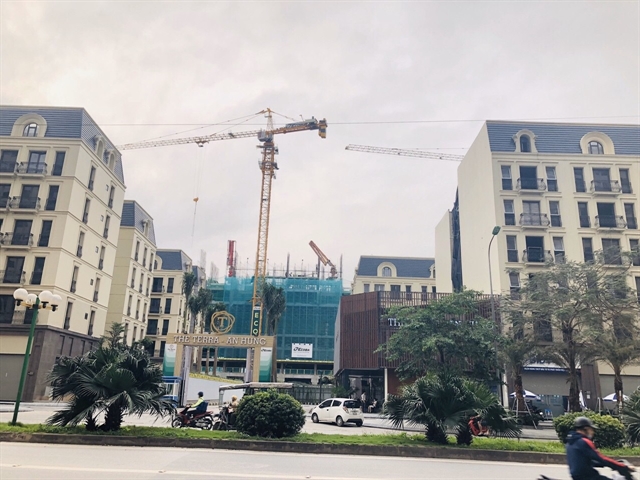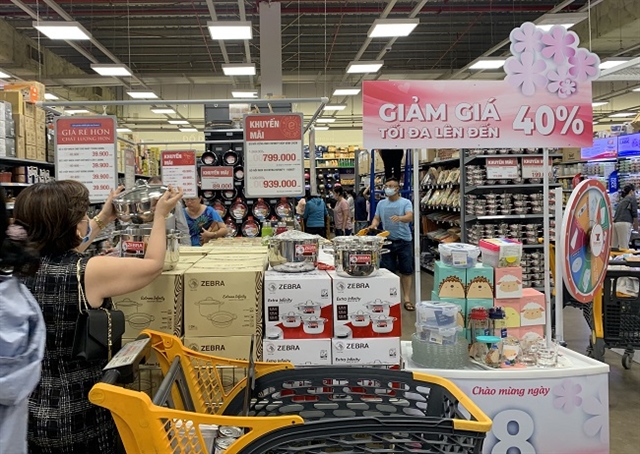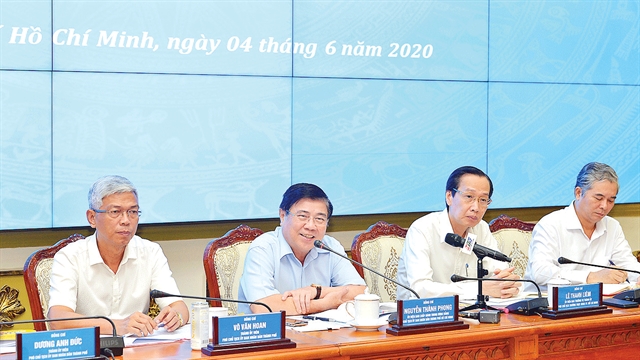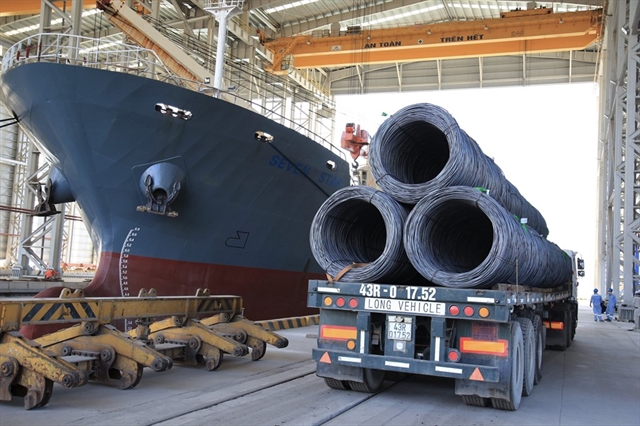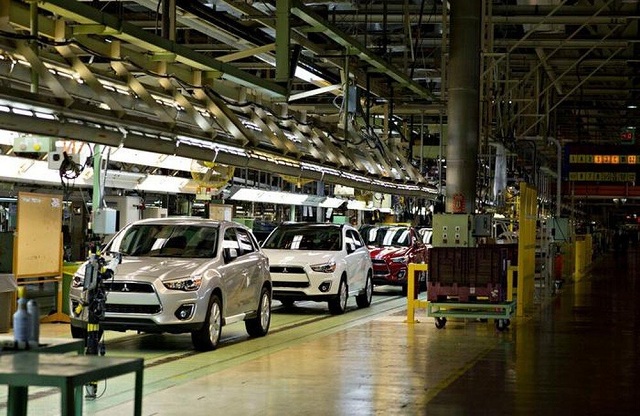
HÀ NỘI — Authorities in the central coastal province of Bình Định will offer attractive policies and mechanisms to support Mitsubishi Motors Vietnam in building an automobile manufacturing factory at Becamex Industrial Park.
The statement was made by Chairman of the provincial People’s Committee Hồ Quốc Dũng at a meeting with Mitsubishi CEO Kenichi Horinouchi on Saturday.
Horinouchi said his firm is seeking an area in Việt Nam for its second automobile manufacturing factory. The first one is in the southern province of Bình Dương.
Horinouchi said that Bình Định has advantages of a deep-water port, so it is determined to be the top choice of the company. In addition, it has complete transport infrastructure, which is convenient for goods transportation.
The province covers a large land fund, which is very convenient for the construction of auto part factories for the automobile industry, Horinouchi said.
Dũng said Bình Định is a key economic province in the central region. Quy Nhơn Port is the most convenient international trade gateway between the Central Highlands region and neighbouring countries of Laos and Cambodia, and other countries around the world.
“The province has six industrial parks. The largest one is Nhơn Hội Economic Zone with an area of over 14,000ha, which has attracted many Japanese investors in production and business activities,” Dũng said.
In a meeting with Deputy Prime Minister Vương Đình Huệ in Hà Nội in January 2018, Mitsubishi Motors Corporation’s Executive Vice President Kozo Shiraji said the corporation was looking for a location to set up its second factory in the country. The plant will cost approximately US$250 million, with a manufacturing capacity estimated to reach 30,000 – 50,000 cars on an annual basis.
To ensure the factory’s operation in 2020, developed industrial parks or economic zones near seaports are more likely to be selected, Shiraji said.
Huệ said Việt Nam will create favourable conditions for Mitsubishi Motors to carry out its projects in the country.
The project aims at contributing to local socio-economic growth and forming more partnerships in eco-car production in the future. – VNS
